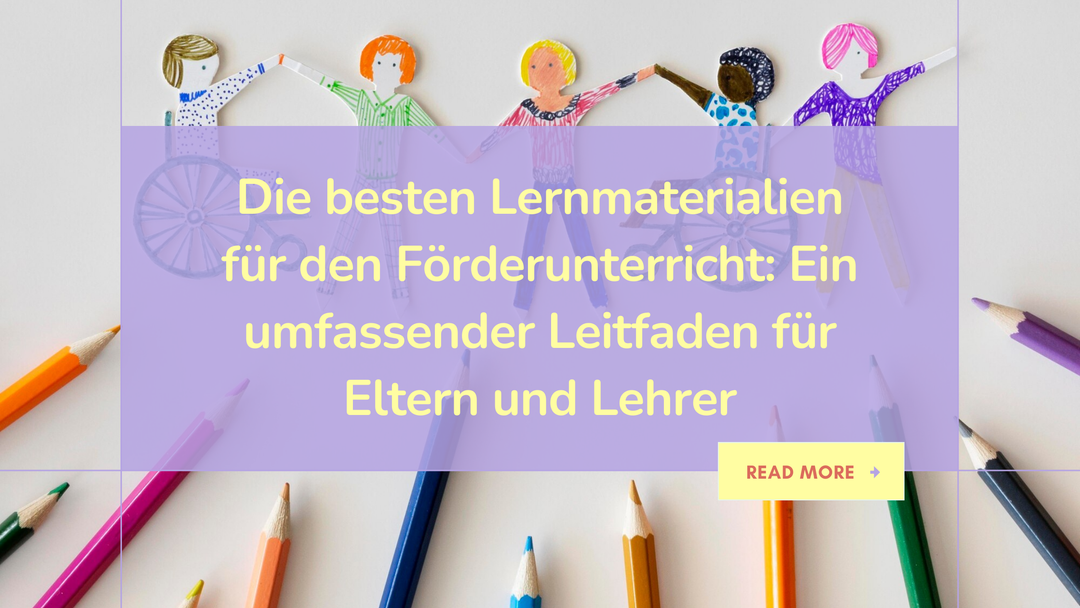Puzzle - the perfect brain training
Nine facts about puzzles that will amaze you
Many children, but also some adults, like to do jigsaw puzzles. That this pastime is also a perfect training for our brain, we want you today in all the positive facets of Puzzles explain.
-
Puzzles promote strategic thinking
Solving problems is a human being's great strength. Puzzles promote this ability by requiring children to take a structured approach to the task. Which strategy the child then pursues, for example first placing the margin or first sorting according to colors and motifs, does not matter.
Logic puzzles are also useful here:
- Puzzles promote fine motor skills
The smaller the puzzle pieces are, the more. The child must grip with their fingertips, rotate the parts in their hands and fit them correctly. Not easy.
-
Puzzling trains our short-term memory
Where was the piece of the puzzle with the pine cone again? And what did the color of the tiger look like again? Puzzles are the perfect training tool for our short-term memory because we have to remember many things at the same time: shape, color and the place where the piece should go.
- Puzzling increases the tolerance for frustration
One thing is certain when puzzling: at some point you will find the missing piece, no matter how long it takes, it will work out well. Once the ambition for the puzzle has been awakened, the child continues and gets a very satisfactory result at the end. A complete picture. It learns: if I try enough, I'll be rewarded.
- Puzzles increases the ability to concentrate
It is difficult for children to deal with something for a long period of time. Small children often only manage 5-10 minutes at a time. Those who regularly do puzzles have been shown to increase their ability to concentrate.
- Puzzles stimulates our imagination
Imagining what the finished picture might look like, or what the missing piece of the puzzle should look like, is a real challenge for children. Over time, however, they learn to fill in the gaps in the picture right here in their heads.
- Puzzles relaxes and relieves stress
It seems a bit meditative when someone is lost in a puzzle. And that's exactly what it is, because playing jigsaw puzzles has a positive effect on blood pressure, heart rate and breathing. This reduces stress in everyday life and relaxes the child.
- Puzzles work on both halves of the brain at the same time
To solve a puzzle, we need to use our creative right brain and strategic left brain at the same time. (The hemispheres are the other way around for left-handers) Children who learn something like this early on will later be more successful in mathematics, for example.
- Jigsaw puzzles make you happy
It has been proven that dopamine is released in our brain when puzzling, which ensures a good mood and feelings of happiness. If the puzzle has also been solved satisfactorily, it also stimulates our happiness center. So the next time you have a bad mood, try puzzling over it with your child.









Leave a comment